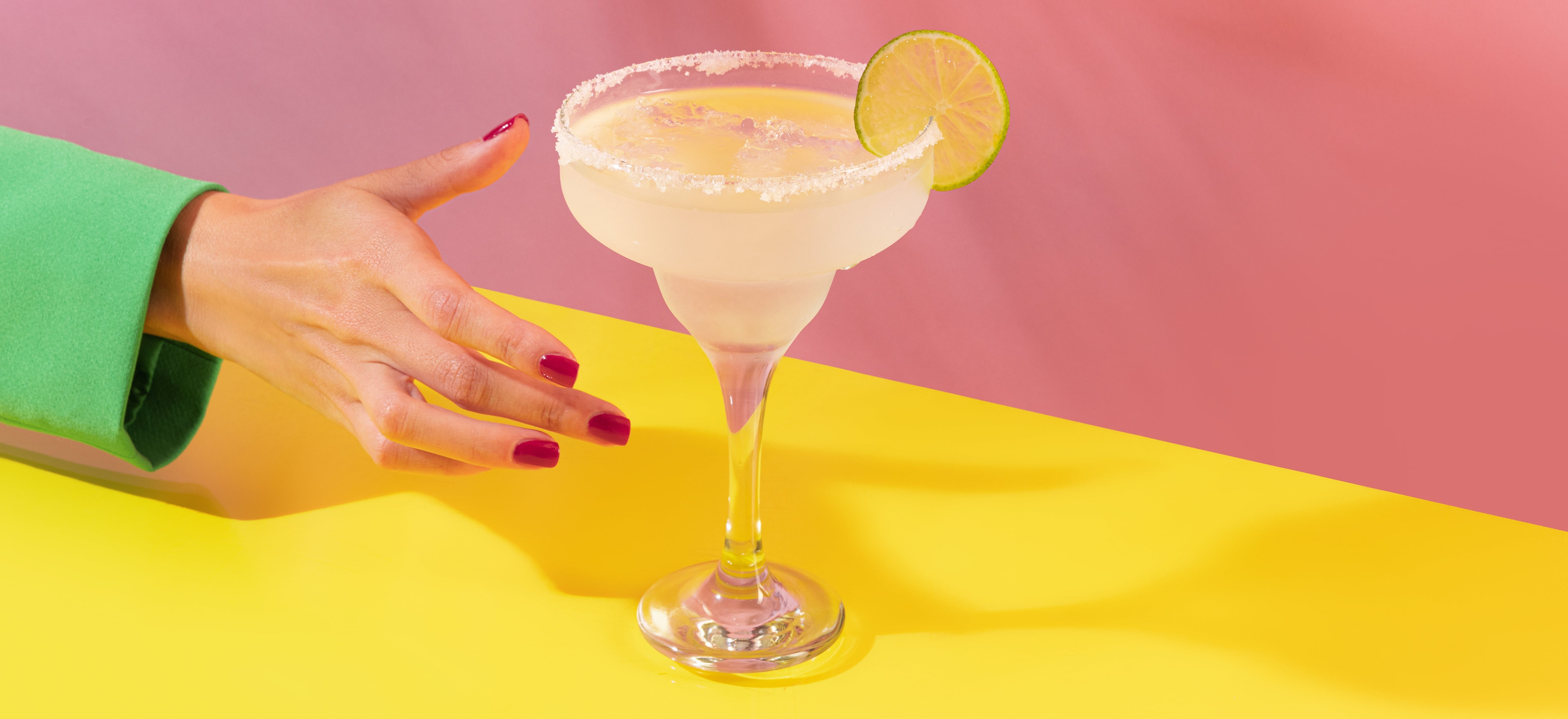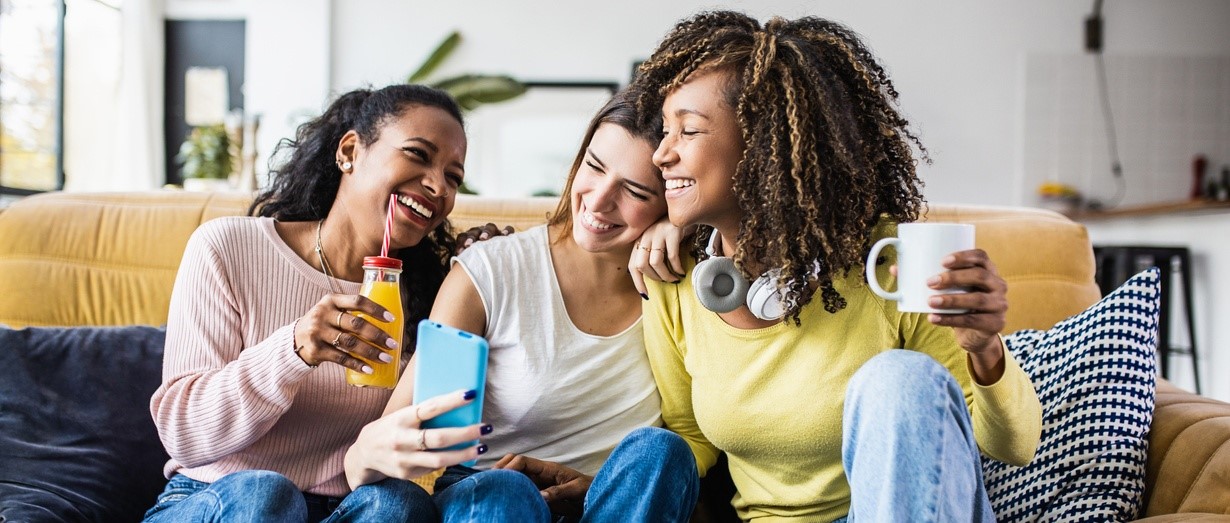
Where to find support if you have been a victim of drink spiking
Peer reviewed by Dr Sarah Jarvis MBE, FRCGPLast updated by Emily Jane BashforthLast updated 15 Nov 2021
Meets Patient’s editorial guidelines
- DownloadDownload
- Share
- Language
- Discussion
- Audio Version
Seeking support after having your drink spiked can be a scary thing, especially if you can't remember what happened. But while it can be traumatic, it's important to alert someone to what happened to reduce the chance of serious medical complications and long-term psychological effects. There is plenty of support out there for victims of drink spiking, and various treatments are offered to help you feel safe again.
In this article:
Video picks for Alcohol advice
Continue reading below
What is drink spiking?
Drink spiking is putting drugs or alcohol into someone's drink (alcoholic or non-alcoholic) without their knowledge or consent. It often happens in pubs, bars, nightclubs and house parties, and motives include sexual assault and theft.
It can be very difficult to tell if a drink has been spiked, as substances used for spiking usually have no taste, odour or colour. They can be placed into drinks when they're being prepared or while you are distracted.
The effects of drink spiking can vary. Side effects depend on how much substance has been added, the weight and pre-existing medical conditions of the victim, and whether alcohol has already been consumed.
Drink spiking can make someone appear more drunk than usual, confused, dizzy or nauseous. It can also lead to losing consciousness or a severe hangover the next day, and potentially gaps in memory.
If you suspect your drink has been spiked, or that of a friend, you should report it immediately. Tell someone working in the bar you are in, then report it to the police. You should stay with a trusted friend and never leave someone alone if you think they've been spiked. Closely monitor their condition and call an ambulance if they deteriorate.
What are the effects of drinking a spiked drink?
Back to contentsIn the short term, drink spiking can cause the body to behave in unfamiliar ways.
GP Dr Verity Biggs says, if you have already had an alcoholic drink, being spiked might make you feel more intoxicated.
"This can come on very suddenly. You might start to feel unbalanced and start falling or stumbling. You can also feel drowsy, and dizzy, and you might have breathing problems. The effects can come on 15 minutes after being spiked and last for several hours. In the long term, there are often no medical complications of this, but it is the psychological effects from spiking that are longer lasting."
In the long run, drink spiking can result in residual trauma. Victims often develop anxiety around going out again, especially to bars and clubs, or being in crowds. There's also the potential to develop trust issues amongst friends if someone you know spiked your drink, or you might become wary of getting to know new people.
If you have been sexually assaulted following a drink spiking, the psychological effects of this can include depression, post-traumatic stress disorder (PTSD), flashbacks, dissociation, or suicidal thoughts.
Victims of drink spiking might blame themselves or develop feelings of hopelessness, and a lack of energy that interferes with daily life.
Continue reading below
Why is it important to seek help after a drink spiking?
Back to contentsDr Biggs says it is important to alert someone straightaway after a drink spiking. This is to ensure staff in venues are aware of what is going on and they can monitor people's behaviour.
"The effects could continue to worsen, due to combination with alcohol or other drugs which may have been added. This means that any symptoms such as dizziness, drowsiness, disorientation, or breathing problems, could get worse. You might need medical attention in A&E. Alerting staff means they could check CCTV footage, alert other staff and be aware of what has happened in case it happens to others that same evening," she says.
It's also important to report the incident so authorities can keep a lookout for similar crimes, and seek mental support sooner rather than later. This can help reduce the psychological damage and help you build up confidence again.
What kind of treatment might be offered after drink spiking?
Back to contentsMedical treatment
Dr Biggs says treatment for drink spiking is often supportive. This means monitoring and observations.
"You might need oxygen if your breathing or consciousness is affected. Your heart rate might need monitoring with attachments to your chest via stickers for an ECG. Blood tests might be taken, as well as urine samples. Testing for substances isn't always possible, as they can quickly leave your system before testing can take place. Because it is difficult to know what has been used to spike you, medical professionals may not know what to test for and results can be inaccurate. The substance actually used to spike doesn't usually alter the treatment you need."
Emotional support
Other treatments for drink spiking will be support after the incident. In coming days, weeks and months, you might require counselling, talking therapies or support groups.
Places to get emotional support
Counselling through NHS referral - either through your GP or by self-referral through the IAPT service.
Private counselling.
Rape Crisis charity helplines
England and Wales: 0808 802 9999 (12-2.30 pm and 7-9.30 pm every day).
Scotland: 0808 801 0302 or text 07537 410 027 (6 pm-midnight every day).
Northern Ireland: 08000 246 991 (Monday and Thursday, 6-8 pm).
Continue reading below
How can you confide in a loved one about drink spiking?
Back to contentsConfiding in a friend or family member when you have been a victim of a crime can be very difficult. Particularly if you've been sexually assaulted (or think you have been if you have gaps in your memory), it isn't an easy conversation to have.
However, Dr Biggs stresses that what happened is never your fault. "You are not to blame and you have not done anything wrong," she stresses.
"It's vital you tell someone about what happened, so you aren't carrying the pain and trauma on your own shoulders. Talking about it can help you get the support you need, both in the short and the long run. This might be from the police, victim support or counsellors. You should remember that drink spiking is an assault. It is a crime, and it should be reported to the police so they can do something about it and prevent it from happening to anyone else."
Dr Biggs suggests other ways of opening up about the incident if you're unable to form the words. You might find it easier to close your eyes or turn away from someone if you're in the same room to make it less daunting. Or, you might feel more comfortable writing down what you want to say, or sending a text message.
"The worst part is often worrying about what others will think and whether you will be judged. You should keep in mind that people want to help you and another person's reaction doesn't determine the severity of what happened to you or invalidate your trauma in any way."
How can you stay safe on future nights out?
Back to contentsIf your drink has been spiked and you develop a fear of being in crowded places again, there are measures you can take to ease your anxieties and protect yourself.
Before going out to a bar or club, tell your friends how you are feeling and make sure to stick with them all night. It's a good idea to agree with one of your friends in advance that they will stay with you - this should be someone who isn't planning to drink a lot (or at all). It might help to do some breathing exercises if you feel panicked.
Remember that you don't need to rush back out to parties straightaway, even if your friends are going. It's fine to say no if you don't feel ready, and to stay home. It might be a good idea to build yourself back up slowly, perhaps by going to a familiar bar or somewhere less crowded.
When it comes to protecting your drink on a night out, this isn't something you should have to do. The spiking was not your fault. However, to keep yourself and others safe, remain in a group and only leave your drink with a trusted friend if it's absolutely necessary to leave it unattended.
Dr Biggs stresses that you shouldn't accept drinks from people you do not know, and should utilise glass or bottle covers if they are offered in venues. You can also buy these online to take with you.
"If you feel that something isn't right, then trust your instinct. If there are any signs of someone having been spiked, perhaps if someone seems more drunk than normal, or becomes drunk very quickly, this should alert you to something being wrong," says Dr Biggs.
How can this problem be solved?
Back to contentsWhat can venues do to prevent drink spiking? Dr Biggs says the first step is acknowledging that there is a problem, and pledging to do something about it.
Since these crimes often happen amongst university students, she believes education is important. New students should be alerted to the reality of drink spiking, so they know what to look out for. It also needs to be instilled into students that drink spiking is a crime, and that it is never acceptable to abuse someone's trust or harm them in such a way.
"Universities should also offer students drink covers so that drinks can't easily be spiked, putting them at ease in bars and clubs. Staff and bouncers should be more visible and approachable in venues, particularly where alcohol is served, so people can find help quickly.
We all need to offer support and acceptance to those affected, and every report of drink spiking should be taken seriously and acted upon. It's too easy just to assume someone is drunk."
Patient picks for Alcohol advice

Healthy living
Should you take regular breaks from drinking alcohol throughout the year?
Dry January is a month-long alcohol-free challenge that is practised in Europe and the US. It's a time when people voluntarily give up drinking, usually after consuming excessive amounts of alcohol over Christmas and New Year. However, while going sober for January might help people start the year with a clearer, more refreshed mindset, could it be beneficial to take regular breaks from alcohol as the year goes on?
by Amberley Davis

Healthy living
What are the dangers of drinking in hot weather?
Whether it's after work drinks, post-exam celebrations, or weekends spent in pub gardens, drinking in the sun can be a big part of summer culture. If this activity is part of your summer plans, how can you limit the dangers that accompany the sun-alcohol cocktail? And if you have a teenager, how can you keep them safe?
by Lawrence Higgins
Continue reading below
Article history
The information on this page is peer reviewed by qualified clinicians.
15 Nov 2021 | Latest version
15 Nov 2021 | Originally published

Ask, share, connect.
Browse discussions, ask questions, and share experiences across hundreds of health topics.

Feeling unwell?
Assess your symptoms online for free
Sign up to the Patient newsletter
Your weekly dose of clear, trustworthy health advice - written to help you feel informed, confident and in control.
By subscribing you accept our Privacy Policy. You can unsubscribe at any time. We never sell your data.